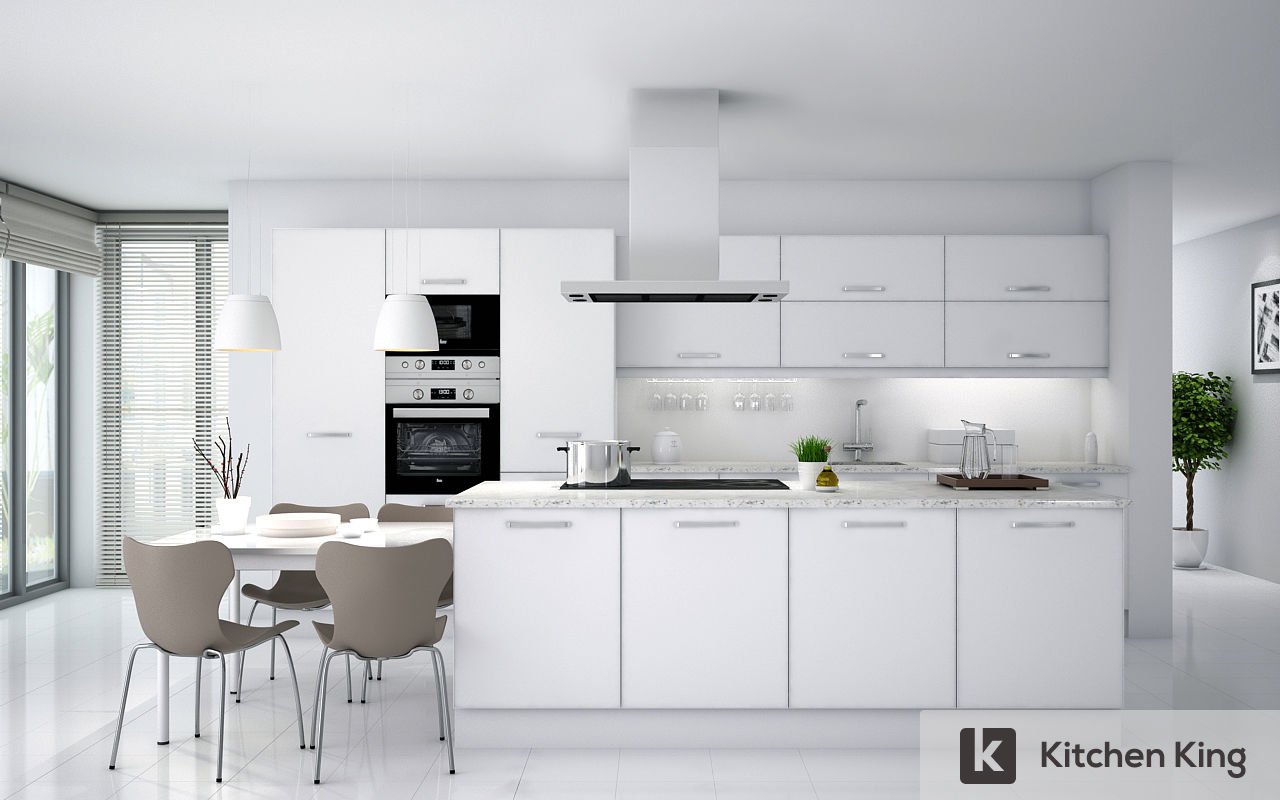The food industry in Dubai is evolving at a rapid pace, and one of the most significant developments in recent years is the rise of the cloud kitchen concept. Also known as ghost kitchens, dark kitchens, or virtual kitchens, cloud kitchens have become a game-changer in the way food businesses operate, especially in a bustling city like Dubai. With the city’s diverse population and growing demand for convenient, high-quality food options, cloud kitchens are redefining the restaurant industry. This article will explore the top trends shaping the Cloud Kitchen Dubai market, providing insights into why this business model is thriving and how it is transforming the way people dine.
1. Increasing Demand for Online Food Delivery
One of the primary drivers behind the growth of cloud kitchens in Dubai is the increasing demand for online food delivery. With busy lifestyles and the convenience of ordering food with just a few taps on a smartphone, more people are opting for food delivery over dining out. The COVID-19 pandemic has further accelerated this trend, as lockdowns and social distancing measures made online food delivery the preferred option for many.
Cloud kitchens, which operate without a traditional dine-in space, are perfectly positioned to cater to this growing demand. They can focus solely on food preparation and delivery, reducing overhead costs associated with maintaining a physical restaurant. This efficiency allows cloud kitchens to offer a wide range of cuisines and dishes at competitive prices, making them an attractive option for consumers in Dubai.
2. Diversification of Cuisines
Dubai is known for its multicultural population, and this diversity is reflected in the city’s food scene. The cloud kitchen Dubai market has embraced this diversity by offering a wide variety of cuisines to cater to different tastes and preferences. From Indian, Chinese, and Italian to Middle Eastern and fusion cuisine, cloud kitchens in Dubai are expanding their menus to include a broad range of options.
This diversification is not only meeting the needs of a diverse population but also allowing cloud kitchens to experiment with new and unique dishes. By offering a variety of cuisines, cloud kitchens can attract a larger customer base and keep up with the changing tastes of the city’s residents.
For example, some of the best Indian restaurants in Dubai have launched virtual brands that focus on specific regional dishes or fusion cuisines. This allows them to reach new customers and expand their offerings beyond the physical restaurant.
3. Focus on Health and Wellness
Another significant trend shaping the cloud kitchen Dubai market is the growing focus on health and wellness. With an increasing awareness of the importance of a healthy diet, more consumers are seeking out nutritious and wholesome food options. Cloud kitchens are responding to this demand by offering healthier menu items, including plant-based dishes, gluten-free options, and meals made with organic ingredients.
In addition to providing healthier food choices, cloud kitchens are also incorporating transparency into their operations. Customers can easily access information about the ingredients used, nutritional content, and sourcing practices, which helps build trust and loyalty. This trend towards healthier and more transparent food options is likely to continue as consumers become more conscious of their eating habits.
4. Adoption of Technology
Technology is playing a crucial role in the growth and success of cloud kitchens in Dubai. From order management systems and delivery platforms to kitchen automation and data analytics, technology is streamlining operations and enhancing efficiency. Cloud kitchens are leveraging technology to optimize their processes, reduce waste, and improve the overall customer experience.
One of the key technological advancements in the cloud kitchen industry is the use of data analytics. By analyzing customer data, cloud kitchens can gain valuable insights into consumer preferences, order patterns, and peak times. This information allows them to make data-driven decisions, such as adjusting their menus, pricing strategies, and marketing efforts, to better meet customer needs.
Another technological trend is the use of kitchen automation tools, such as robotic chefs and automated cooking equipment. These innovations help cloud kitchens maintain consistency in food quality, speed up preparation times, and reduce labor costs. As technology continues to evolve, cloud kitchens in Dubai will likely adopt more advanced tools to stay competitive in the market, much like the Best Restaurants in JBR that are embracing cutting-edge technology to enhance their dining experience.
5. The Rise of Virtual Brands
Virtual brands are a growing trend in the cloud kitchen Dubai market. Unlike traditional restaurants, which have a physical presence and brand identity, virtual brands exist solely online. These brands operate out of cloud kitchens and focus on specific cuisines or food categories, allowing them to target niche markets and cater to specific customer preferences.
The advantage of virtual brands is that they can be launched quickly and with minimal investment. Since they don’t require a physical location or extensive branding efforts, virtual brands can experiment with different concepts and cuisines, adjusting their offerings based on customer feedback and market demand. This flexibility makes virtual brands an attractive option for entrepreneurs looking to enter the food industry with lower risk and higher potential for success.
6. Sustainability and Eco-Friendly Practices
As environmental concerns become more prominent, sustainability is becoming a key consideration for consumers in Dubai. Cloud kitchens are increasingly adopting eco-friendly practices to reduce their environmental impact and appeal to environmentally conscious customers. This includes using sustainable packaging materials, minimizing food waste, and sourcing ingredients locally.
Many cloud kitchens are also exploring ways to reduce their carbon footprint by optimizing delivery routes, using electric vehicles for delivery, and implementing energy-efficient practices in their kitchens. By prioritizing sustainability, cloud kitchens in Dubai are not only contributing to environmental conservation but also differentiating themselves in a competitive market.
7. Partnership with E-Commerce Platforms
The success of cloud kitchens in Dubai is also being driven by partnerships with e-commerce platforms. These platforms, which include food delivery apps and online marketplaces, provide cloud kitchens with access to a large customer base and facilitate seamless order processing and delivery.
One such partnership is with RestHero, an e-commerce store provider that offers a comprehensive solution for restaurants in the UAE. RestHero allows cloud kitchens to set up their online store without the need for coding, making it easy to manage orders, track inventory, and engage with customers. This integration with e-commerce platforms not only simplifies operations for cloud kitchens but also enhances the customer experience by providing a convenient and efficient way to order food.
8. Integration with Traditional Restaurants
In addition to operating independently, many cloud kitchens in Dubai are integrating with traditional restaurants. This trend involves established restaurants launching their cloud kitchen brands to cater to the growing demand for online food delivery. By leveraging their existing infrastructure and expertise, traditional restaurants can tap into the cloud kitchen market without significant additional investment.
Conclusion
The cloud kitchen Dubai market is evolving rapidly, driven by trends such as increasing demand for online food delivery, diversification of cuisines, a focus on health and wellness, and the adoption of technology. As cloud kitchens continue to grow in popularity, they are reshaping the food industry in Dubai and offering new opportunities for entrepreneurs and consumers alike.
Whether you’re an aspiring restaurateur looking to enter the market or a customer seeking convenient and high-quality food options, the cloud kitchen model offers a promising future. And for those in the UAE, partnering with solutions like RestHero can help streamline your operations and reach a wider audience, ensuring success in this dynamic industry.
The future of the cloud kitchen Dubai market is bright, with innovation and customer demand driving continuous growth and transformation. As these trends continue to shape the industry, cloud kitchens are set to become an integral part of Dubai’s vibrant food scene.




